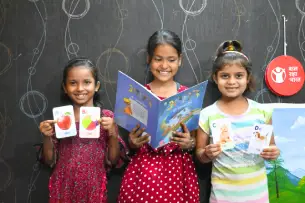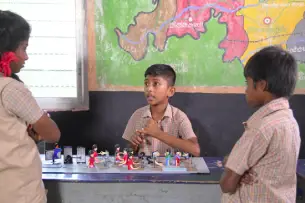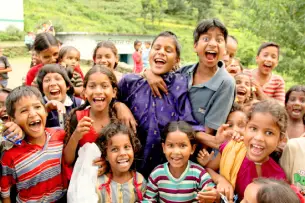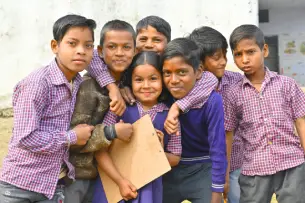
How NGOs Help Orphaned and Abandoned Children Find a Better Future
Childhood abandonment strips away more than family; it erases security precisely at the time when one’s identity begins to form….
Read More
How Ngo-Corporate Partnerships Are Revolutionizing Disaster Relief And Humanitarian Aid
The spirit of purpose that has defined NGO corporate partnerships India has radically evolved over the years. Consider Cyclone Fani….
Read More
Short-Term vs. Long-Term Volunteering: Which One is Right for You?
Short-term volunteering is a very simple proposition: you come, you serve, and you depart after quickly adding goodwill and bite-sized…
Read More
World Environment Day: Taking Action for a Greener Future
World Environment Day should be seen as a one-of-a-kind global moment for everyone, across communities, cities, districts and nations alike,…
Read More
10 Inspiring Self-Made Women Entrepreneurs in India
Women-led ventures in India occupy a space that has taken shape incrementally over the past few decades. Female entrepreneurs in…
Read More
How Education Shapes Human Capital and Drives Progress
Human capital has been described in many contexts as the sum of knowledge, skills, and abilities that individuals bring to…
Read MoreExplore more Resources
Ready to brush up on something new? We've got more to read right this way.






